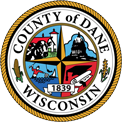
Dane County works on a number of policy initiatives to make the “Dane County Way” possible. From our fight to ensure opportunity for all to combating climate change, take a look at what we are all doing to serve Dane County residents and improve our community.
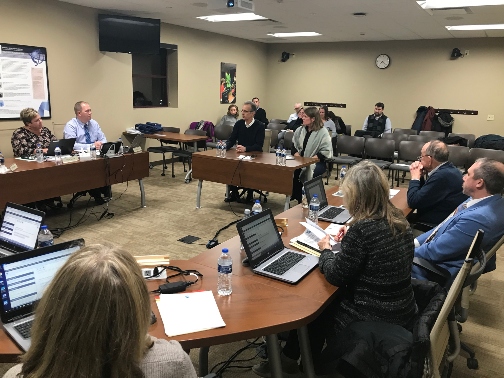
Dane County’s School Based Mental Health Teams were created by the Dane County Executive in 2014 as his most significant policy initiative. The program started as a pilot effort in Madison, Sun Prairie, and Verona and has since expanded to a total of nearly a dozen Dane County school districts. These teams work in schools daily, helping hundreds of kids each semester and are funded by a cost share between Dane County and local schools. The county’s share of funding in 2019 totals over $1 million for this program, which works with hundreds of students, parents, teachers, and law enforcement to improve the classroom and home experiences of our young people experiencing mental health ailments.
The County Executive’s 2019 budget includes the single largest increase in frontline mental health resources in Dane County’s history – a $320,000 expansion of the emergency mobile mental crisis program created two years ago, and coordinated by Journey Mental Health.
The program currently has two staff imbedded at the Madison Police Department to aid officers in de-escalation of emergency situations where mental health is an underlying contributor. The County Executive’s budget creates three additional crisis worker positions, including one that is imbedded with the Dane County Sheriff’s Office, responsible for patrolling many rural areas of the County, to expand the reach of the mobile crisis response team.
The additional positions also help mental health crisis staff respond to an emergency 24 hours a day, seven days a week. In 2017, over 41,000 calls were placed to Journey’s mental health crisis line, with 3,000 calls coming in from Midnight to 8:00am, showing the need for continuous coverage and support for those in need. Calls that cannot be resolved over the phone result in a crisis worker responding to an individual’s home or location to provide assistance.
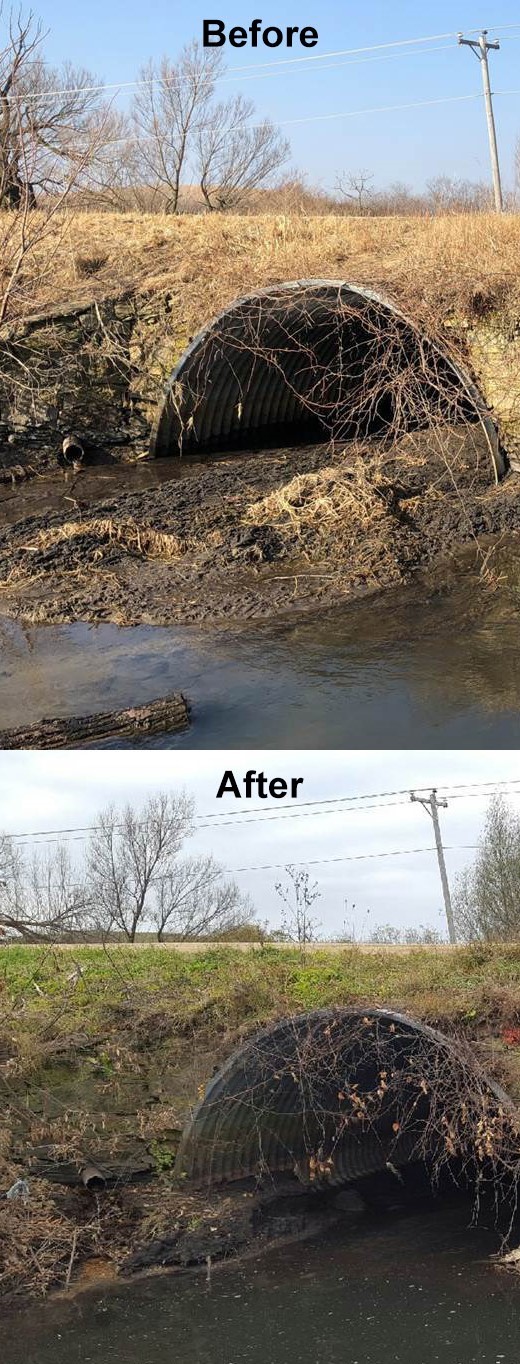
Suck the Muck is a $12 million initiative introduced by Parisi in his 2017 budget and implemented by the Dane County Department of Land and Water Resources that initially prioritized 33 miles of streams countywide for analysis of potential sediment (muck) removal.
The sediment found in these streams is estimated to be up to 125 years old and contain 870,000 pounds of phosphorus, which can increase the frequency and extent of hazardous algae blooms. Research by Dane County in collaboration with the Wisconsin Department of Natural Resources (WDNR) in 2014 revealed that it would take decades for local waters such as Lake Mendota to see even a 50 percent reduction in phosphorus. Parisi believes that the efforts of Suck the Muck will lead to cleaner lakes sooner than that. It is hoped that work from the initiative will also improve the natural reproduction and diversity of fish populations.
Since the project's creation, thousands of pounds of phosphorus-laden sediment have been removed from local animal habitats. The multi-phased project continues to assess and address the needs of Dane County streams and sediments at sites such as Upper Sixmile Creek, Door Creek and Nine Springs Creek, in addition to several others.
"Because of this breakthrough, we will see clean lakes in our lifetime."
— Joe Parisi, Dane County Executive
Learn MoreThis year, Dane County will remove sediment from a stretch of river between Lakes Monona and Waubesa that is restricting the flow of water through the Yahara Chain of Lakes. This location, one of six sites the County will target in five phases, is a $2 million initiative to improve water flow, flood storage capacity, and fish and wildlife habitat in the Yahara Lakes. This announcement comes after Dane County released a technical report to identify opportunities to address flooding on the Yahara Chain of Lakes and the County Board’s Lake Level Task Force submitted its final policy recommendations.
Currently, water comes into the Yahara Chain of Lakes faster than it goes out—taking two inches of rain over two weeks to leave the Yahara Lakes system. The efficient movement of water downstream can be undermined by sediment loading. While sediment movement is a naturally occurring process, accumulation of sediment in the Yahara River and Lakes is greatly increased by human activity, including urban development. It’s estimated that over 8.5 million pounds of sediment enters the Yahara River and Lakes each year from urban runoff.
The County’s multi-year sediment removal project in the Yahara Lakes will take place in five phases, with each phase carried out as Dane County secures permitting. The first phase, taking place between Lakes Monona and Waubesa, is expected to begin this year and the work will be bid this summer. At this site, the County is hoping to remove between two to three feet of sediment about 50 feet wide and approximately 1.75 miles long. This type of sediment removal is comparable to the County’s “Suck the Muck” initiative.
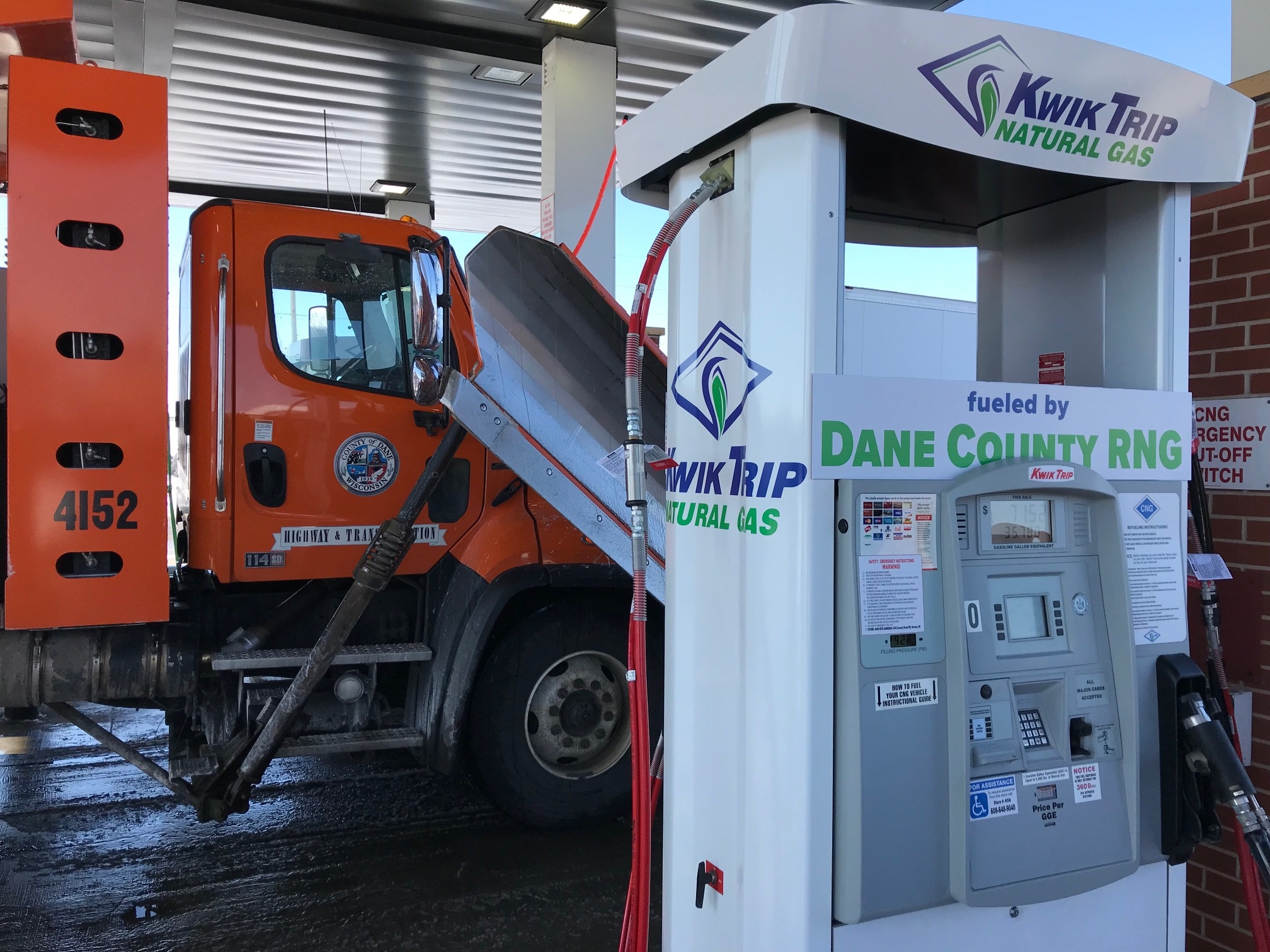
In 2017, County Executive Parisi established both the Dane County Office of Energy and Climate Change (OECC) and the Dane County Council on Climate Change (DC4), to further the county’s efforts to address climate change. As a division within the County Executive’s Office, the OECC leads public and private efforts across the community to implement strategies to address climate change.
From July, 2017 through March 2019, the OECC coordinated and directed the activities of the DC4, as well several area-specific working groups, with the goal of developing a comprehensive Climate Action Plan. Based on science and evidence, the plan aims to maximize economic and health benefits, while increasing Dane County's energy security.
The Council is made up of local government officials from across the county, business leaders, representatives of the University of Wisconsin Nelson Institute, local utilities, equity and environmental advocates. Its primary purpose is to draft a set of recommendations for programs, projects and policies that will put Dane County on the path to deep decarbonization and establish Dane County as a national leader on climate mitigation.
Learn More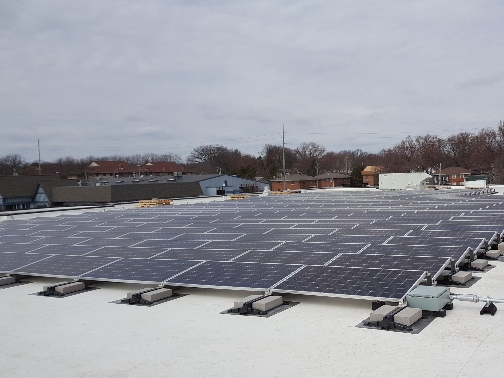
A historic partnership is taking place between Dane County and MG&E that will create the largest solar farm in Dane County, and one of the largest solar projects in the State of Wisconsin.
The solar farm project will feature the installation of over 20,000 solar panels on 41 acres of land located at the Dane County Regional Airport (DCRA). The project is anticipated to generate approximately 8 megawatts (MW) of renewable power – one-quarter of the energy demand from all county-owned facilities – and three times more MW than the largest solar project currently operating in the region, a 2.25 MW facility in Rock County.
The project was made possible through a historic partnership with MGE, made official through a signed memorandum of understanding. MGE will own the solar infrastructure that is installed on DCRA land leased by MGE from the County. The development is a key component in achieving Dane County government’s 100% renewable electricity goal.
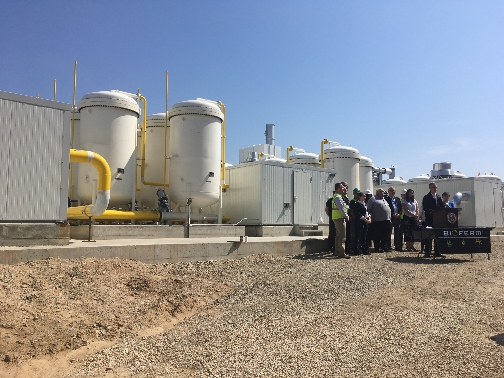
Beginning in April of 2019, Dane County officially started injecting renewable natural gas (RNG) into its pipeline, signaling the completion of its landfill biogas project. The county’s landfill biogas facility is now able to turn trash and cow manure into renewable fuel and inject it into the interstate transmission pipeline so it can be bought and sold to power fleets of RNG vehicles locally and across the United States.
Dane County’s landfill biogas facility will displace 3,000,000 gallons of fossil fuels in the first year of operation, with this number growing to 4,000,000 gallons per year in future years. Due to RNG having a lower carbon footprint, this is equivalent to taking 4,800 cars off the road. This is a CO2 emission reduction equal to over 24,000,000 pounds of coal burned. In addition to the facility’s environmental benefits, it is estimated that Dane County will generate enough revenue from the facility to payback its $28 million cost of the project in just a few years.
Dane County’s new facility also has a biogas offloading station to allow other biogas producers, like manure digesters, to inject their gas into the pipeline. This facility is the first in the nation to be able to receive biogas from multiple off-site locations and connect that renewable gas with RNG gas stations locally and across the nation. Before being hauled to the landfill for injection into the interstate pipeline, the gas will need to be purified and compressed by the owner’s equipment.
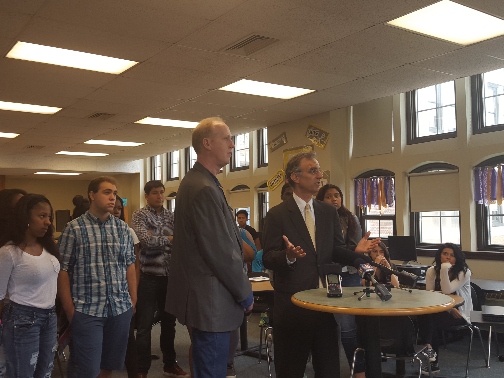
County Executive Parisi started this program in the Madison School District back in 2015, helping 100 young people each year earn their driver’s license without their families having to worry about how to afford the more than $400 price tag of the course. Since then, the program has expanded to include the school districts of Deerfield, DeForest, Madison, Marshall, McFarland, Middleton-Cross Plains, Stoughton, and Verona. In 2018, 195 students participated, meaning they received admission and fee waiver to the Driver’s Education Summer Scholars Program. Of those students, 162 went on to pass the course. Enrollment for the program is valued at $400 per person.
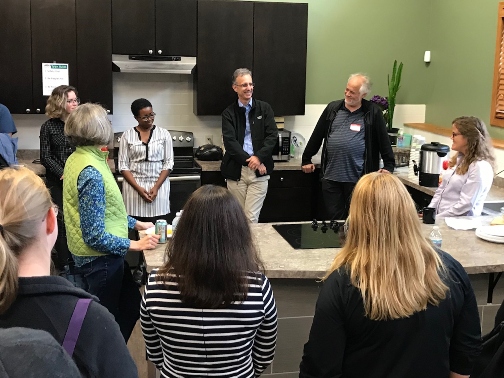
Dane County's Early Childhood Zone initiative works to reduce the achievement gap, improve disproportionate minority unemployment, and tackle poverty. In his 2018 budget Dane County Executive Parisi added funds to the North Madison Early Childhood Zone, which has continued to add families. Currently, there were almost 140 families participating in our Early Childhood Zones in Sun Prairie, Verona, Allied Drive and Russet Road in Madison, along with the Leopold area of Fitchburg and Madison. Nearly $1.1 million in county operating dollars (or $1.9 million total) in the 2018 County budget went to continue this initiative in these neighborhoods.
For 2019, $175,000 went to create two new social worker positions who work with families with children ages 5 and younger. The workers connect families who have been referred to Dane County Human Services for child neglect to stabilizing community resources, including employment, housing, and other enhancement services in the Early Childhood Zones and Dane County’s Joining Forces for Families service areas.
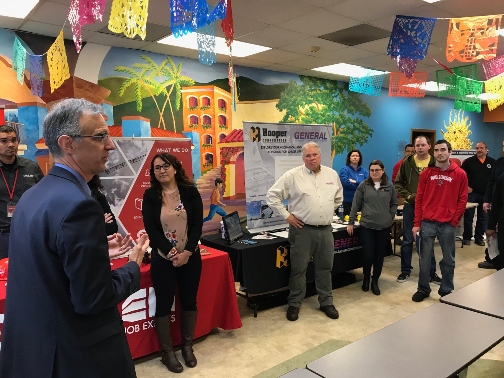
In 2014, Dane County Executive Parisi launched “Project Big Step” to connect skilled employees with construction companies that are ready to hire. Since then, the Dane County Budget has included $30,000 a year to help administer Project Big Step in Dane County. Modeled after the successful Milwaukee program of the same name, the multi-phase approach works with contractors and the building trades to identify needs for employees for upcoming projects. Big Step will then partner with local community organizations to recruit and train individuals to fill those needs.

With nearly limitless opportunities, Dane County is repeatedly ranked as one of the best places to live in America. However, not all of our residents have access to all our community has to offer. The reasons for this are complicated and in many cases deep-rooted.
The County Executive’s main goal is to work with our entire community and ensure that all residents have a chance to succeed. Reaching this goal will require vigilance and participation from all levels of government, the community, the private sector and non-profit organizations.
By working together and each assuming responsibility for part of the solution, we can move toward the day when everyone in our community has the ability to reach their full potential.
The path to young adulthood is not always an easy one. Circumstances such as poverty, mental health challenges, and non-violent, one-time offenses often set people back on their road to success. These barriers drive disparities in employment, housing, and criminal justice.
Together, we can address these shared challenges and better ensure opportunity for all.